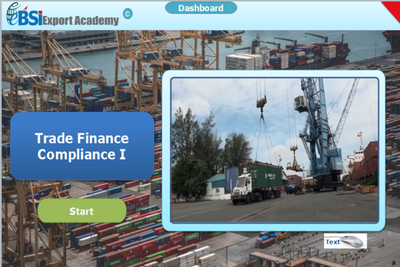Cash Crunch

It is apparent that business can fail – over time – due to declining profitability. Furthermore, failure can stem from a lack of readily available cash, and poor short term cash flow can be ruinous, irrespective of whether or not the overall business is profitable.
When extended payment terms are offered to customers this can affect the sellers cash flow, as the funds will not be readily available to the supplier to pay off their short term liabilities, to be in their bank gaining interest or be available to re-invest back into the business – the opportunity cost of having the funds early is lost.
Delayed payments
In many regions, through internal codes of conduct or in some cases guided by legal obligations, larger company buyers are not allowed to ‘bully’ smaller sellers by forcing them to accept intolerable [credit] terms. In the current climate one might expect a relaxation and possible relapse into bad habits – the dawn of the credit crunch brings with it an open window through which might escape codes of conduct, ethics and fair play
External credit agencies
There are various external credit agencies that can offer credit checks/reports and recommend how much credit (if any) a particular organisation should be offered. However, one might argue that these are now operating in unchartered territory. Are these companies agile enough to swiftly capture the impact of the credit crunch on a customer’s short term cash flow? Can they capture the dramatically changing USD/GBP/EUR exchange rates and their immediate impact on the customers Profit & Loss? Moreover, the credit risks of the banks themselves have been called into question and the profile of country/political risks are also changing.
Price validity
Many customers request for fixed offer prices covering for longer time periods, such as a year. This makes it easier for the buyer to plan and forecast into the future. However, with the rapidly change marketplace, costs (fuel, logistics and commodities) and exchange rates a supplier cannot realistically offer a fixed price for a year, unless of course it greatly inflates the initial offer to cover all eventualities.
In such an economic climate it might be prudent for the customer to accept changing prices which tracks the actual costs of the supplier rather than agreeing an annual price in which they are guaranteed to pay over the odds for the whole period. While much of this article has considered risk and opportunities from the perspective of the supplier/seller, there verse considerations will be true to the buyer/customer.
One might deliberate whether a trader involved in both buying and selling would take a fair and consistent approach on both sides of the table, or will they apply different methodologies for total advantage. It is clear that all employees should make a concerted effort to avoid providing reasons to allow customers to delay payment; e.g. reducing invoice administration errors, checking packaging and labelling on dispatch of goods, swiftly responding to quality complaints and to immediately pursue customers for payment as soon as invoices fall overdue – don’t delay!
Employees should very carefully consider the impact and the risks when faced with a customer requesting extended terms, and new quotations should consider current movement clauses and Incoterms 2010.More collaborative and transparent discussions between buyers and sellers may mutually relieve each other from the grip of the crunch.






